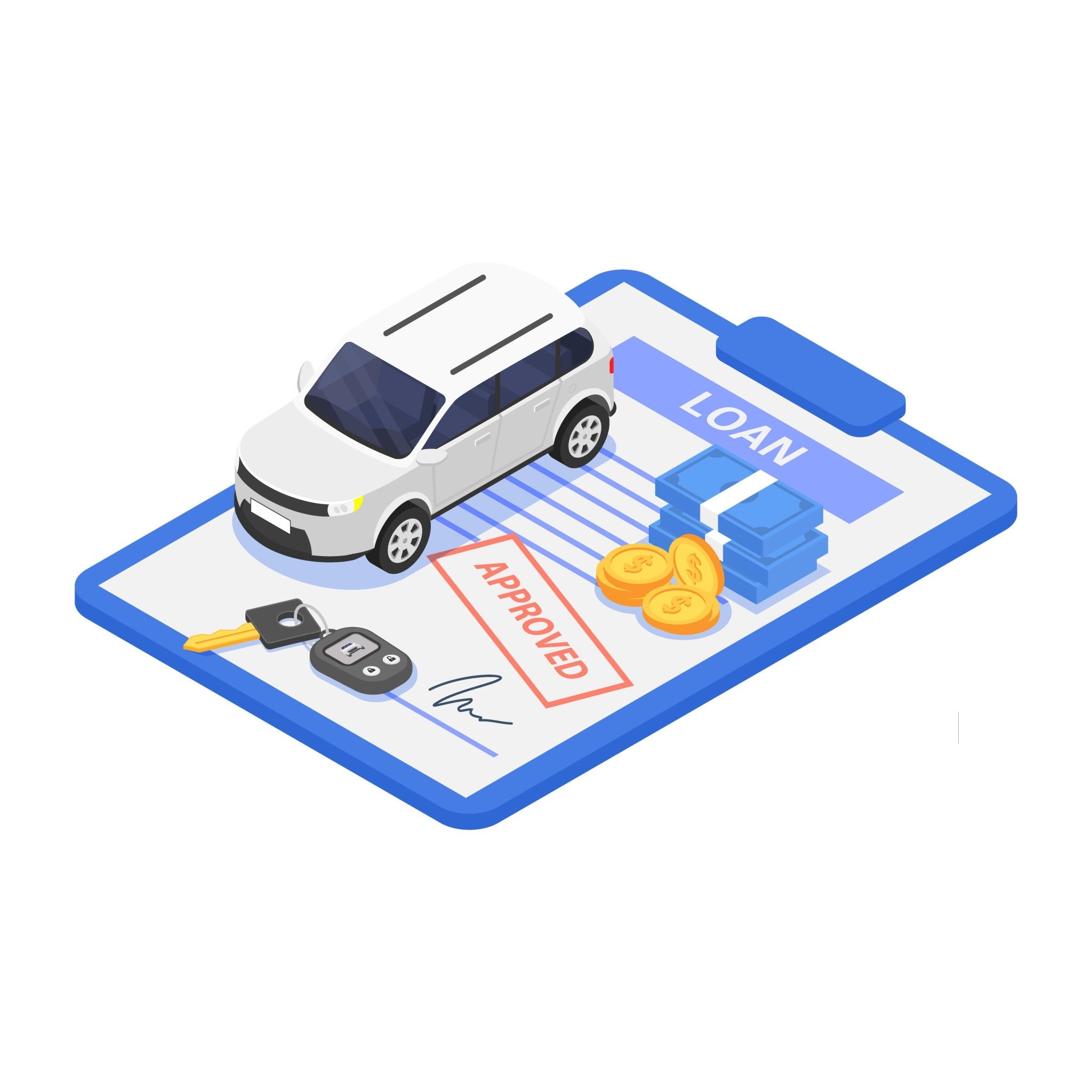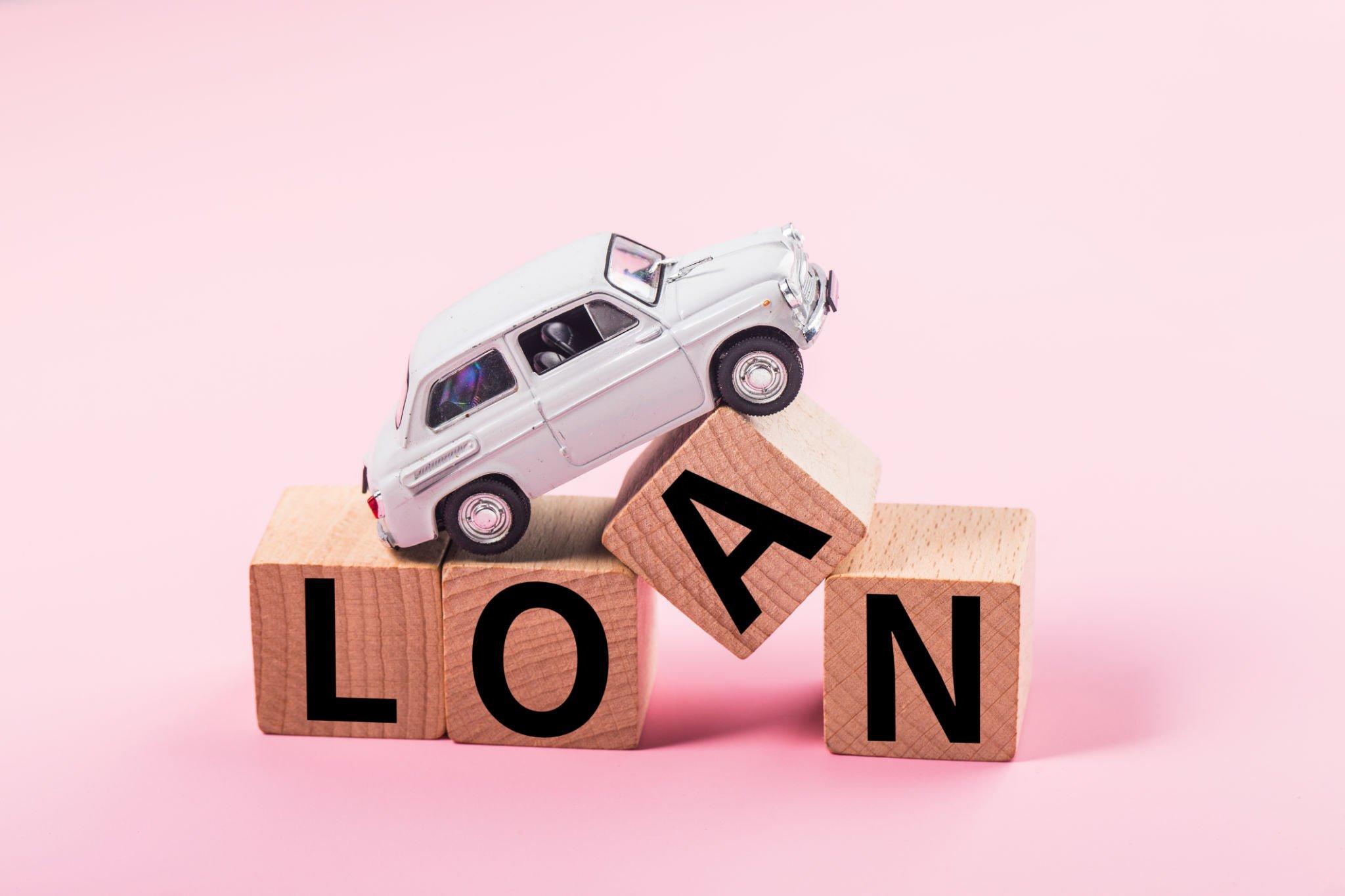
When it comes to purchasing a new car, very few people have the luxury of paying for it upfront in cash. This is where car loans come to the rescue. Car loans make it possible for individuals to afford their dream vehicles without emptying their savings accounts. In this comprehensive guide, we will explore everything you need to know about car loans, from understanding the basics to securing the best possible deal.
What is a Car Loan?
A car loan is a financial arrangement that allows you to borrow a specific amount of money from a lending institution to purchase a vehicle. In return, you agree to repay the borrowed amount with interest over a set period. Car loans are typically offered by banks, credit unions, and online lenders. These loans can make it possible for almost anyone to own a car, regardless of their financial situation.
The Types of Car Loans
1. Secured Car Loans
Secured car loans are the most common type of auto financing. In this arrangement, the vehicle you purchase serves as collateral for the loan. If you fail to make payments, the lender has the right to repossess the car. The benefit of secured loans is that they often come with lower interest rates due to the reduced risk for the lender.
2. Unsecured Car Loans
Unsecured car loans, on the other hand, do not require collateral. This means the lender does not have a claim on your vehicle if you default on payments. However, unsecured loans typically have higher interest rates because they pose a greater risk to the lender. These loans are generally recommended for borrowers with strong credit scores.
3. New Car Loans vs. Used Car Loans
Lenders often differentiate between loans for new and used cars. New car loans typically come with lower interest rates, while used car loans may have slightly higher rates due to the increased risk associated with older vehicles. Your choice will depend on whether you’re looking for the latest model or a more budget-friendly option.
Understanding Interest Rates
Interest rates play a crucial role in car loans. The rate determines how much you will pay in addition to the principal amount. Your credit score, the loan term, and the type of loan will influence the interest rate you receive. Shopping around and comparing offers from different lenders can help you secure the best possible rate.

The Importance of Your Credit Score
Your credit score is a critical factor in determining your eligibility for a car loan and the interest rate you’ll receive. Lenders use this score to assess your creditworthiness. It’s essential to check your credit report for errors and work on improving your score before applying for a car loan to ensure you get favorable terms.
Loan Terms and Monthly Payments
When you secure a car loan, you’ll agree to specific loan terms, including the loan duration. Typically, car loans have terms ranging from 36 to 72 months. The longer the loan term, the lower your monthly payments, but the more you’ll pay in interest over the life of the loan. Shorter terms mean higher monthly payments but less interest overall.
How to Apply for a Car Loan
Applying for a car loan is a straightforward process:
1. Check Your Credit: As mentioned earlier, assess your credit score to understand your financial standing.
2. Set a Budget: Determine how much you can comfortably afford to pay each month.
3. Research Lenders: Shop around for the best rates and terms. Don’t forget to consider online lenders, as they often offer competitive deals.
4. Get Pre-approved: Pre-approval can give you an advantage when negotiating with sellers.
5. Finalize Your Loan: Review the terms and conditions, sign the agreement, and secure your loan.
Tips for Securing the Best Car Loan
1. Improve Your Credit Score: If your credit score needs work, take steps to improve it before applying for a loan.
2. Compare Offers: Don’t settle for the first loan offer you receive. Compare terms, interest rates, and fees from multiple lenders.
3. Negotiate: Be prepared to negotiate the terms of the loan, including the interest rate and any fees.
4. Read the Fine Print: Carefully review the loan agreement to ensure you understand all the terms and conditions.
5. Consider a Down Payment: Making a substantial down payment can help reduce your monthly payments and the overall cost of the loan.
6. Watch Out for Add-ons: Be cautious of any additional products or services that are offered with the loan, as they can add to the cost.
The Final Steps
Once you’ve secured your car loan and purchased your vehicle, it’s crucial to stay on top of your monthly payments. Failing to make timely payments can result in late fees and, in severe cases, repossession of your car. Responsible management of your car loan will also positively impact your credit score. In conclusion, car loans are a practical solution for purchasing the car of your dreams. Understanding the types of loans, interest rates, and how to secure the best possible deal is essential for a successful car buying experience. With the right knowledge and careful planning, you can hit the road in your dream car without breaking the bank.






